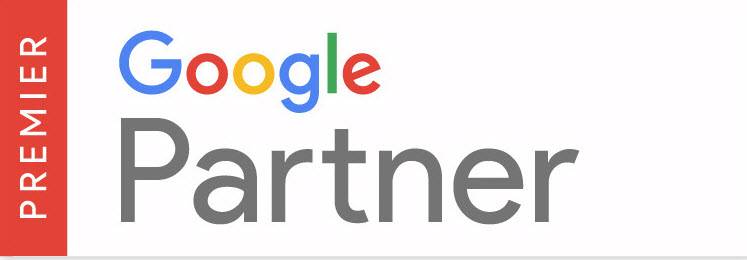Pay-per-click (PPC) advertising can be an extremely effective way to drive traffic and leads to your business or website, and on the surface, might seem like an easy way as well. Many small business owners assume that since they know their products and services better than anyone, they would also know the best keywords and calls to action to attract potential customers. In reality, PPC management combines a little bit of art with a little bit of science, and isn’t nearly as straightforward as it might seem. Managing a successful pay-per-click campaign requires extensive knowledge and attention to detail, along with a significant amount of monitoring, testing, and tweaking. Check out these five tips and tricks that will help you ensure you get a good ROI out of your PPC campaigns.
1. Track Everything
One of the benefits of pay-per-click advertising is that you can evaluate how successful your campaigns are based off of which metrics matter most to your business. You can also not only see how every cent is being spent, you can tell how much revenue is coming in for each cent that is going out. While it is always important to track how much money you’re spending on advertising, it is also imperative to keep track of which keywords and ads are performing the best to make sure your money is well spent. Don’t forget to keep track which campaigns your leads and sales are coming from, and whether calls coming through regular phone calls, or are being made via mobile click-to-call.
2. Use Sitelinks and Ad Extensions
Make sure to take advantage of all the features that are available for your pay per click campaigns, including sitelinks and ad extensions.
Sitelinks allow you to include several different calls to action in a single PPC campaign. Having the ability to run several calls to action at once gives you the opportunity to test different messages within one campaign, allowing you to easily track which words or phrases are getting the most clicks.
Ad extensions allow you to include extra information about your business in your ads. Utilizing ad extensions tend to improve the visibility of your ads.
3. Utilize Ad Scheduling
If you only want your ads to run during the hours your business are open, or want to see a boost in your web traffic during specific days or hours of the day, you should take advantage of ad scheduling. By utilizing the ad scheduling feature, you can make sure your customers are only seeing your ads when those ads will have the most impact on your business.
4. Create a Remarketing Campaign
Remarketing campaigns help you reach people that have already visited your website. Previous visitors to your site will see your ads come up as they browse other webpages across the web, or when they search for terms that are related to your products or services. This will give you the opportunity to capture the business you may have missed out on during a potential customer’s initial visit to your website.
5. Optimize and Import Your PPC Campaign into Bing
Just because Bing has a smaller share of web traffic than Google doesn’t mean that you should ignore it. That being said, you also don’t want to spend time recreating your entire campaign from scratch just for Bing. To keep the amount of time and energy you spend on your Bing PPC campaigns to a minimum, be sure to plan and optimize your campaigns in Google first, then import those campaigns directly into Bing.
As you can see, pay-per-click management is a marketing strategy that can result in a great ROI, but only if you run effective campaigns. Don’t forget to include engaging calls to action that will result in clicks, and hopefully, convert into leads or sales. If you’ve tried and failed to run your own effective PPC campaigns, or want to make sure you get the best return on your investment, consider hiring an internet marketing firm to run campaigns on your behalf. Contact JLB Florida today to set up your first PPC campaign.










